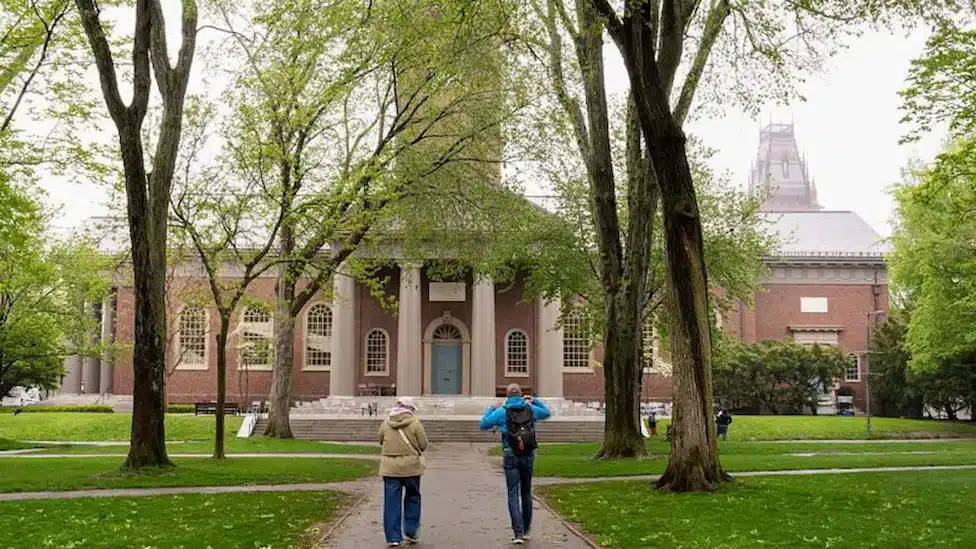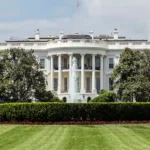Harvard Foreign Students Win Temporary Reprieve as Judge Blocks Trump Enrollment Ban: A federal judge temporarily blocked the Trump administration’s move to bar Harvard foreign students from enrolling. The ruling came after Harvard sued, calling the decision unlawful.
The dispute centers on accusations of antisemitism and admissions bias. Over 6,800 international students, making up 27% of Harvard’s student body, faced sudden uncertainty. The next hearing is set for May 29, 2025. The case highlights tensions between elite universities and government policies.
Also Read | Trump Administration’s Harvard Foreign Students Ban: What You Need to Know
Harvard Foreign Students Win Temporary Reprieve as Judge Blocks Trump Enrollment Ban: Insights
- A judge paused Trump’s plan to revoke Harvard’s access to foreign student enrollment.
- Harvard sued, calling the move a violation of free speech and academic freedom.
- Over 6,800 Harvard foreign students were at risk of deportation.
- The White House accused Harvard of tolerating antisemitism and bias.
- The case could escalate to the Supreme Court.
Background
The Trump administration has long criticized elite universities. It claims they promote antisemitism and liberal bias. In April, the White House froze $2.2 billion in Harvard funding. The latest move targeted Harvard foreign students by threatening SEVP access.
This system manages student visas. Without it, students could lose legal status. Harvard denies the allegations and vows to fight back.
Main Event
On Thursday, May 22, 2025, the Department of Homeland Security moved to revoke Harvard’s SEVP access. This would block new Harvard foreign students and endanger current ones. Harvard quickly sued, calling the action “unlawful.” By Friday, Judge Allison Burroughs issued a temporary hold.
The university argued the move would “erase a quarter of Harvard’s student body.” President Alan Garber condemned it as retaliation. The White House defended its stance, accusing Harvard of ignoring antisemitism.
Students faced panic. Many feared deportation. Cormac Savage, a graduating senior, said he took a job in Brussels due to uncertainty. Rohan Battula, a UK student, worried about returning if he left.
Harvard relies heavily on international students. They often pay full tuition, subsidizing aid for others. Losing them would hurt finances. The case continues on May 29, 2025.

Proportion of Foreign Students at Harvard (2006–2025) A steady rise in international enrollment highlights their growing role in the university’s diversity and finances.
Photo Credits: BBC and Harvard University.
Implications
For students, the ruling brings short-term relief. But long-term fears remain. Deportation risks loom if Harvard loses SEVP access. The university may face funding cuts or tax changes. Other elite schools could be next.
The case tests government power over education. It also impacts U.S. competitiveness. Harvard foreign students contribute billions to the economy. Losing them could weaken academia and innovation.
Conclusion
The legal battle is far from over. Harvard vows to fight, but the Supreme Court may decide. For now, Harvard foreign students can breathe easier. Yet, their futures hang in the balance. The case could reshape U.S. immigration and education policies for years.



